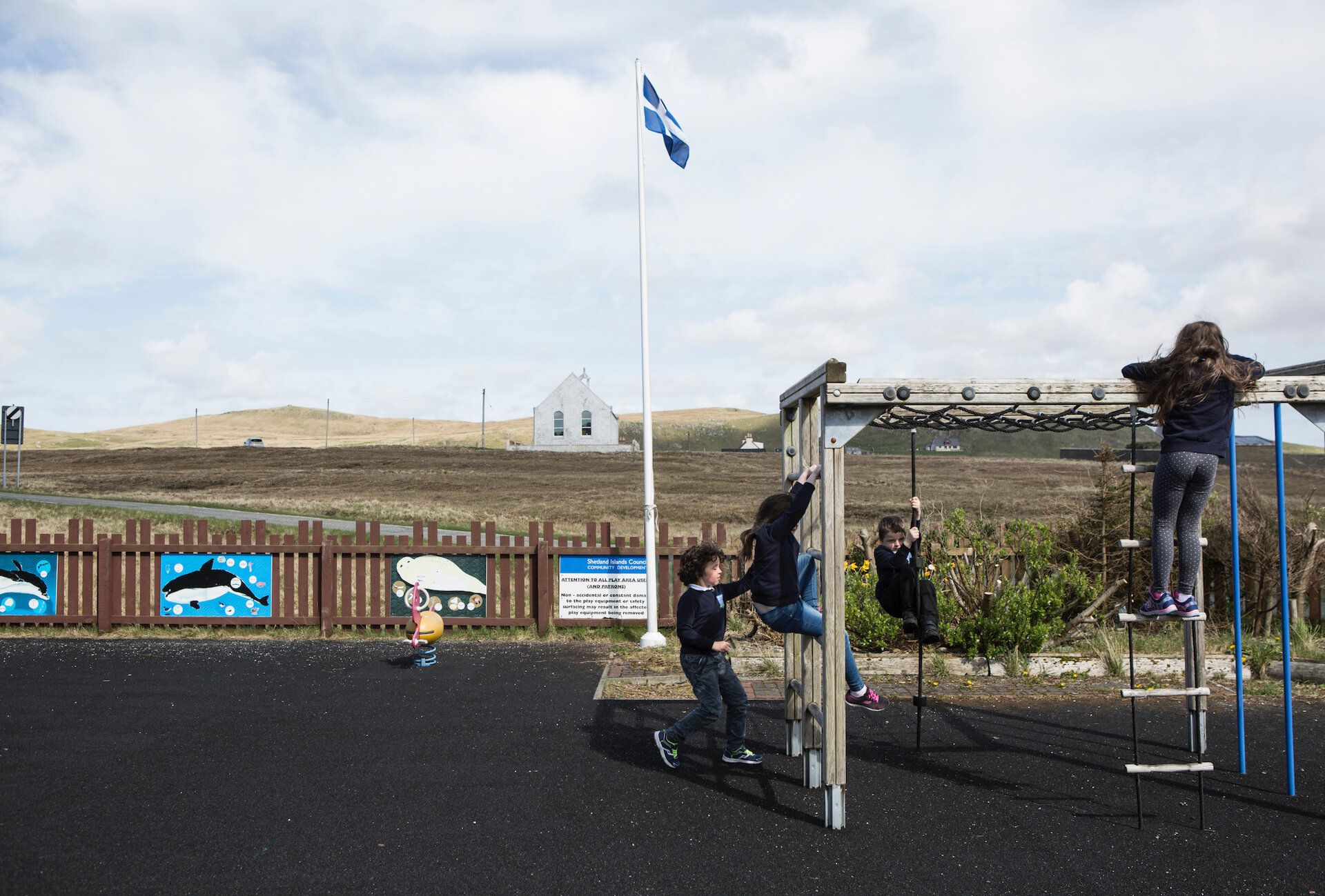Further education
Colleges
Shetland College UHI is the most northerly partner of the University of the Highlands and Islands (UHI). With a variety of courses from National Certificate to Postgraduate level, you can become qualified in accounting, joinery, childcare, software development, or specialise in textiles or archaeology to name just a few.
UHI’s Centre for Rural Creativity is based in Shetland and in partnership with Shetland Arts Development Agency there are film, music and media courses available up to Masters level. These courses are taught at Mareel, Shetland’s creative industries centre.
Shetland’s North Atlantic Fisheries College (NAFC) is also part of UHI. It offers a range of training courses relevant to the maritime industries. Courses range from the three-year Merchant Navy Cadet Programme to short courses and cover both 'deck' and marine engineering topics, as well as other subjects required by seafarers.
Vocational training
Developing the Young Workforce (DYW) Shetland works with employers across Shetland to identify training, apprenticeships and jobs for young people. Follow them on Facebook for the latest opportunities.
For more general career advice, Skills Development Scotland have a Shetland office, which you can contact on +44 (0)1595 695 791.
Languages
English classesare available at the college and these can be linked with citizenship classes. The Shetland Library stocks adults’ books in a variety of languages, together with some dual language books aimed at young children.
